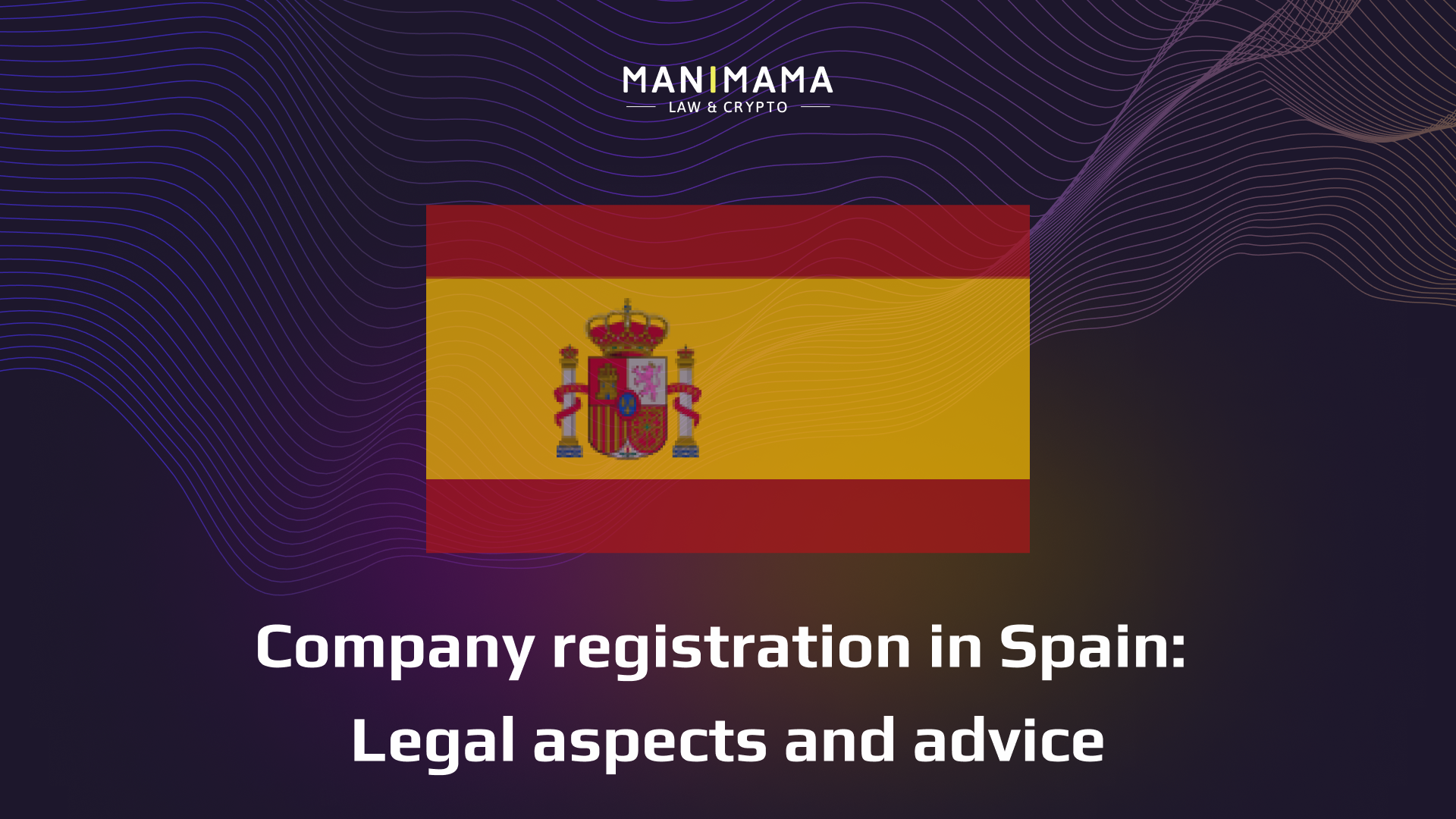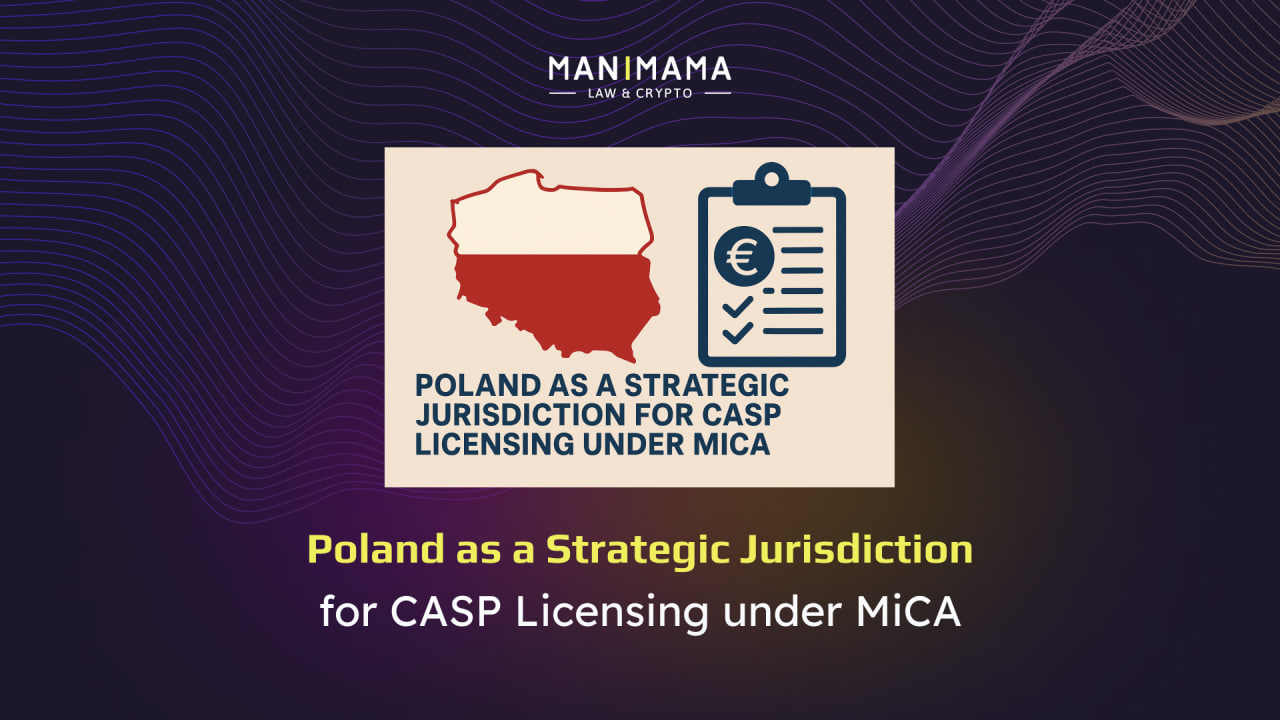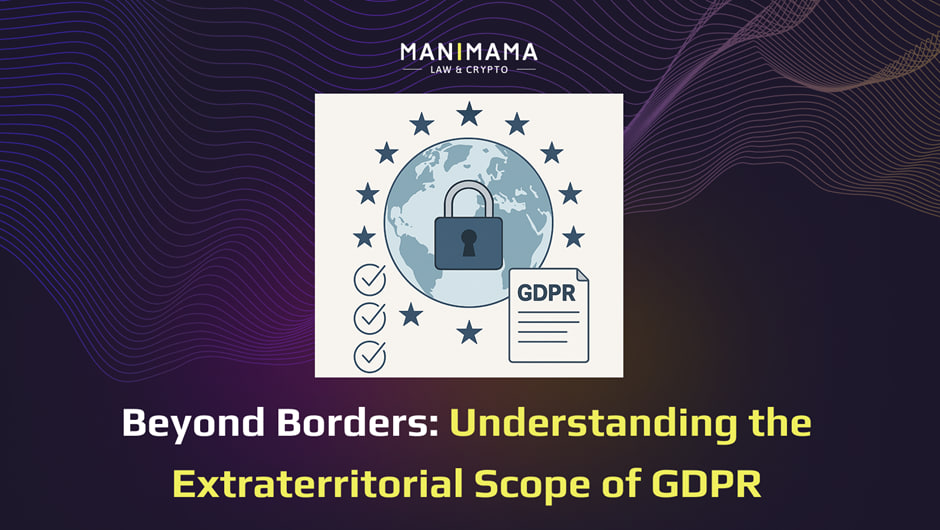Company registration is the process of formalizing the status of a legal entity in accordance with the laws of a certain country. During this process, the company is officially recognized as a legal entity with its own legal capacity.
To receive this status, it is necessary to provide certain documentation and fulfill the requirements established by the state authorities. Due to registration, the entity is able to conduct commercial activities, conclude contracts, participate in court proceedings and perform other legally significant actions.
If you plan to start a business in Europe, Spain is an excellent choice for registering your company. The Manimama team has conducted in-depth research, analyzed the main subtleties of incorporating in Spain, and is ready to share its results and help you choose the right jurisdiction.
What are the main advantages of incorporating a company (business) in Spain?
- Promising location and market access
Spain is uniquely positioned on the European map, serving as a gateway between European and Latin American markets. As a member of the European Union, it offers businesses access to a market of over 500 million consumers, making it an attractive choice for international enterprises. Its proximity to North Africa and the Mediterranean region also opens doors to expansion into neighboring markets.
2. Robust economy
Spain boasts one of the most developed economies in Europe, with thriving sectors such as tourism, manufacturing, renewable energy, and technology. This diversity allows investors to choose industries aligned with their business goals. The growth of the tech sector and significant investments in renewable energy make Spain particularly appealing for companies operating in dynamic and environmentally responsible industries.
3. Intellectual property protection
Spain’s solid legal framework ensures effective intellectual property protection, which is crucial for companies developing innovative products or services. The country is a signatory to key international copyright treaties, providing a secure environment for innovation. This makes Spain an attractive option for tech startups and research-focused companies.
4. Advanced infrastructure
Spain boasts a modern infrastructure, including efficient transportation networks, fast telecommunications, and a reliable legal system. Its airports, ports, and railways facilitate seamless logistics and international trade. Compliance with European legal and economic standards creates a stable and predictable business environment.
5. Digital transformation and innovation
Spain is actively investing in developing its digital infrastructure, positioning itself as a hub for technology and innovation in Europe. The government supports digital transformation initiatives, allowing businesses to integrate cutting-edge technologies. This fosters a favorable environment for companies seeking to adopt advanced solutions and remain competitive in the global market.
How to register a company in Spain and what are the main requirements for such registration?
Step 1. Initial setup
- Initiating a preliminary project assessment, assessing risks, choosing the type of company, preparing the necessary documents and obtaining the necessary permits, determining the time frame, budget, and resources required to complete the process.
- Preparation and filing of the package of documents.
Step 2. Company registration
- Choosing corporate name;
- Obtaining Spanish Tax Identification Number (NIF) / Spanish Foreign Tax Identification Number (NIE) for non-resident individuals who will be shareholders and/or appointed directors;
- Opening a preliminary banking account for contribution of the shared capital and supporting of the process of deposit;
- Facilitating the notarial process for the company’s official registration;
- Registration in Mercantile Registry;
- Apply for a company Tax Identification Number (CIF);
- Obtaining the Certificate of incorporation from Mercantile Register, Memorandum and Articles of Association;
- Obtain any necessary licenses or permits for your specific business;
- Registration in the Spanish Social Security, Seguridad Social, if the company will act as an employing entity and hire employees in Spain.
Requirements for registering a company in Slovakia in the example of a Limited Liability Company / Sociedad de Responsabilidad Limitada (SRL):
- Shareholders: the company must have a minimum 1 shareholder. Both individuals and legal entities are eligible to hold shares in an SRL.
- Director: the company is required to have at least 1 director. The director can be a resident or non-resident of the country.
- Company secretary: no requirement.
- Minimum share capital: the minimum authorized share capital for a SRL is €3,000.
- Legal address: a registered office address in Spain is required for legal correspondence and official notifications.
- Liability: the shareholders’ liability in a Spanish SRL is limited to their contribution to the company’s capital.
- Accounting: company is required to prepare quarterly filings and annually balance.
What do you have to know about taxes when registering a company in Spain?
Corporate income tax (CIT):
- The standard rate is 25%.
- Companies with a turnover less than €1 million are subject to a reduced tax rate of 23%.
- Newly established companies can benefit from a 15% rate for the first two profitable fiscal years, under certain conditions.
- Submitting corporate tax in Spain involves a streamlined online process through the Agencia Tributaria’s website.
Personal income tax (PIT):
Spanish tax residents are liable to pay income tax on their worldwide income, once personal allowances have been taken into account.
The PIR rates are as follows:
- up to €12,450 – 19%;
- from €12,451 to €20,200 – 24%;
- from €20,201 to €35,200 – 30%;
- from €35,201 to €60,000 – 37%;
- from €60,000 to €300,000 – 45%;
- over €300,000 – 47%.
Value-added tax (VAT):
- The standard rate is 21%.
- The reduced rates are 10% (cultural activities; water used for irrigation or food for humans or animals; hospitality services; utilities such as electricity, natural gas, and any organic fuel; transportation; pharmaceuticals; vision correction items; real estate; etc.) and 4% (medicines for human use; physical media such as magazines, books, and newspapers; vehicles for persons with reduced mobility or with a disability; implants, prostheses, and wheelchairs; etc.).
- The Agencia Tributaria provides the specific cases that qualify for VAT exemption: donations, health care, training courses, insurance, postal services, etc.
For readers
Manimama provides assistance in choosing the right jurisdiction for company incorporation and in registering a business specifically in Spain. We have a good understanding of the tax and legal peculiarities of specific jurisdictions, which helps our clients make an informed choice based on their unique needs and development strategies. In our work, we take into account factors affecting the business environment, such as the level of competition, access to financial and human resources, as well as opportunities for further growth and development in different jurisdictions.
By choosing our company formation service in Spain, you are working with a law firm that values integrity, competence, and client satisfaction. Let us help you set up a company in Spain and pave the way for your business success!
Our contacts
If you want to become our client or partner, feel free to contact us at support@manimama.eu.
Or use our telegram @ManimamaBot and we will respond to your inquiry.
We also invite you to visit our website: https://manimama.eu/.
Join our Telegram to receive news in a convenient way: Manimama Legal Channel.
Manimama Law Firm provides a gateway for the companies operating as the virtual asset wallet and exchange providers allowing to enter to the markets legally. We are ready to offer an appropriate support in obtaining a license with lower founding and operating costs. We offer KYC/AML launch, support in risk assessment, legal services, legal opinions, advice on general data protection provisions, contracts and all necessary legal and business tools to start business of virtual asset service provider.
The content of this article is intended to provide a general guide to the subject matter, not to be considered as a legal consultation.











